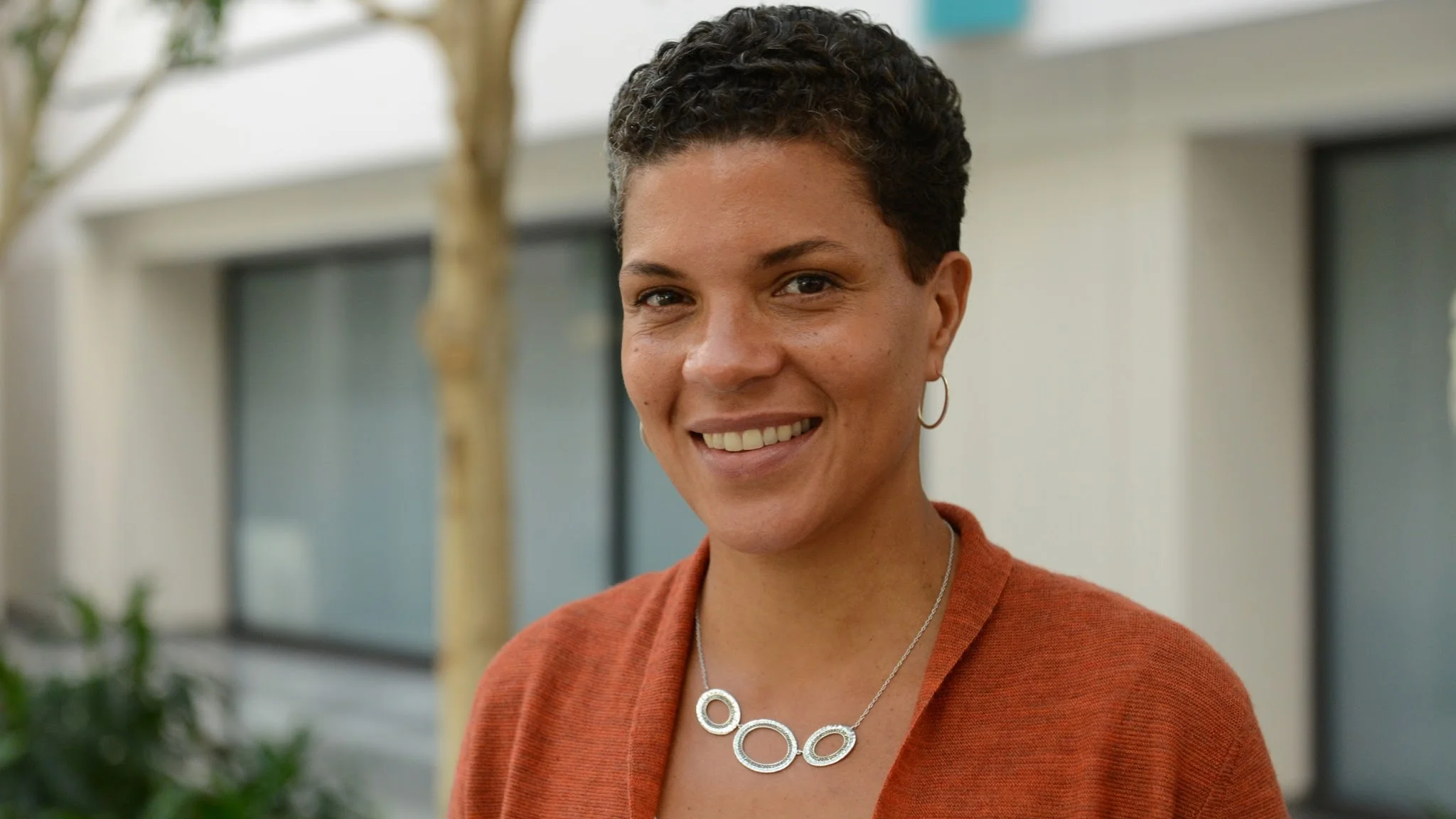The DNA of America: Jesse Jackson
American civil rights leader. World human rights advocate. Lightning rod. Icon. So many phrases can be used to describe the Reverend Jesse Jackson, Sr. But he describes himself simply as one who has "always sought the opportunity to serve."
In this interview, we look back on the 50th anniversary of the marches in Selma to ask, "what happened?" and, "what comes next?"
Jesse Jackson joined civil rights efforts in 1964, working with the Rev. Dr. Martin Luther King's organization, the Southern Christian Leadership Conference, in marches and actions across the segregated south. Soon Jackson was appointed head of SCLS's economic program, "Operation Breadbasket."
After his work with SCLC, Jackson went on to help form the organizations that would eventually join to form the Rainbow/PUSH Coalition, a progressive voice for human rights. He was twice a candidate for the presidency of the United States, and he has served as the "shadow senator" for the District of Columbia.
Jackson took part in the marches in Selma, Alabama in 1964 and 1965. It was this context that brought him back to Chicago in 2015 for the Selma at 50: Still Marching conference, which took place in April at Chicago Theological Seminary. Our interview with Rev. Jackson took place in the days leading up to the conference.
Jackson's fight against racism has taken the whole of his life, leading him to reflect now that it seems to be "part of the DNA of America." Despite the deep hold it has on our national culture, Jackson is optimistic that the struggle for human rights and human dignity will eventually be won. His task, as he often puts it, is to "keep hope alive."





